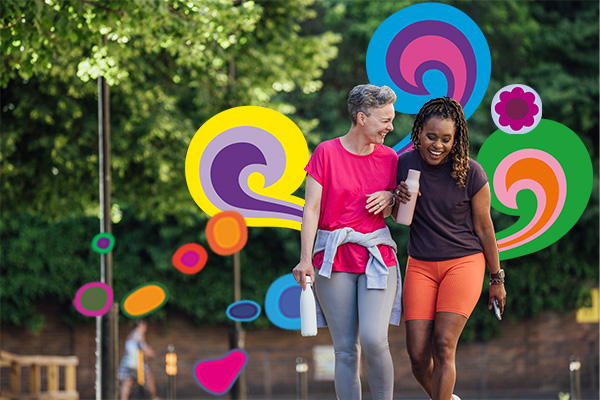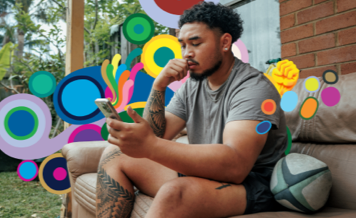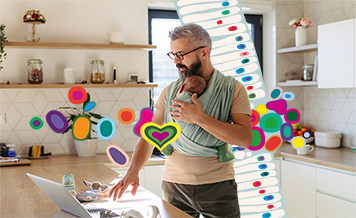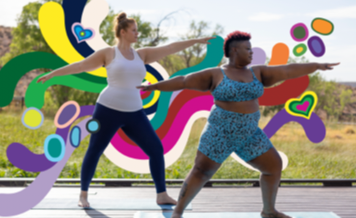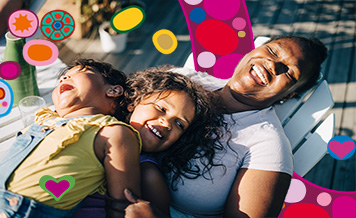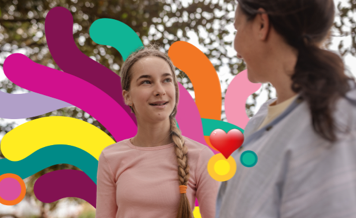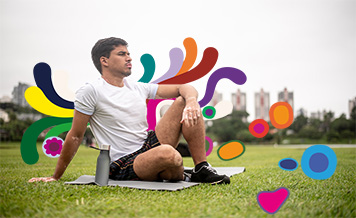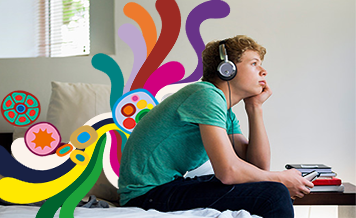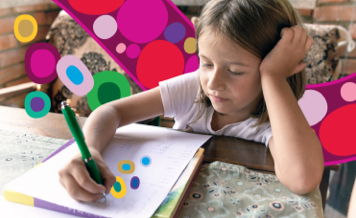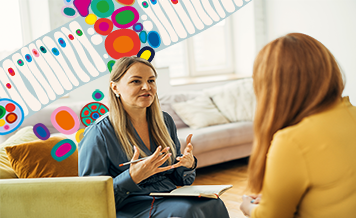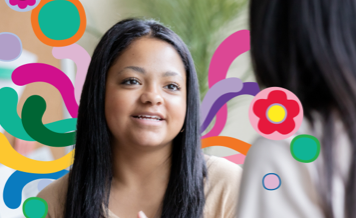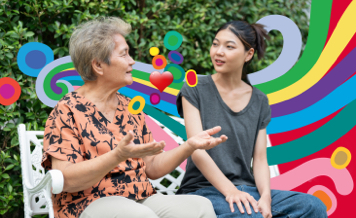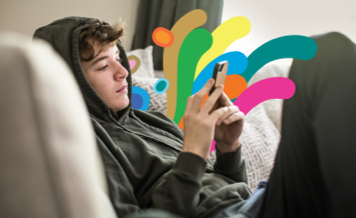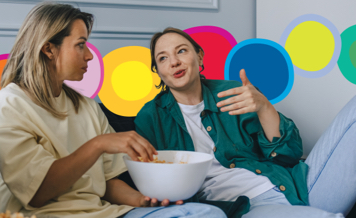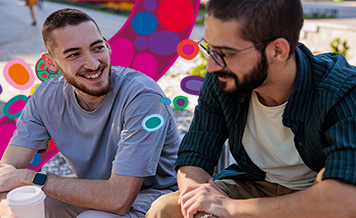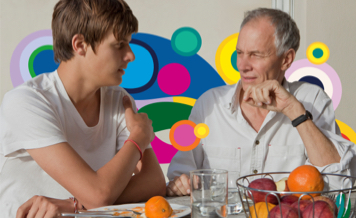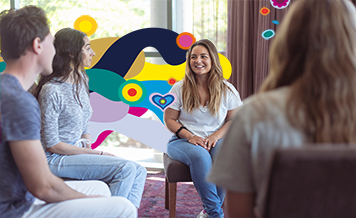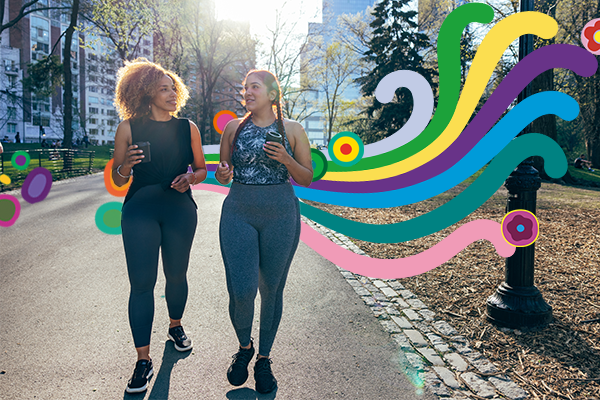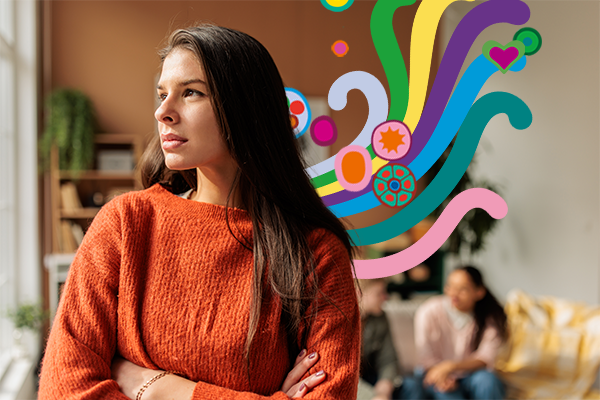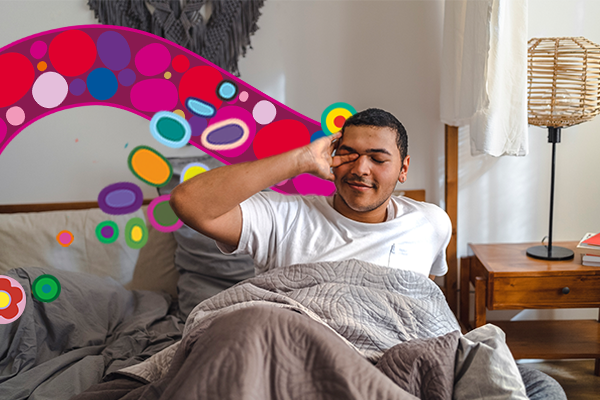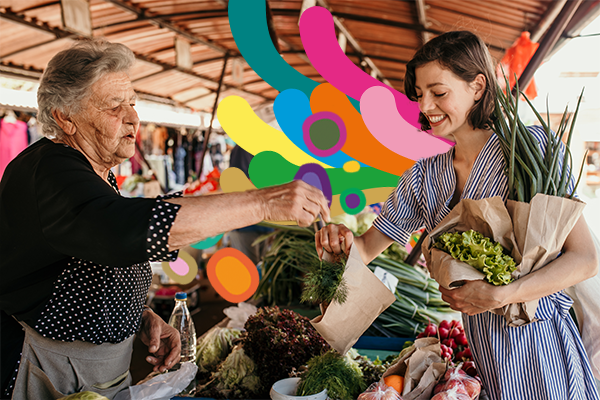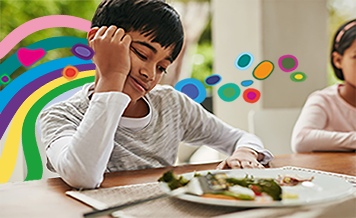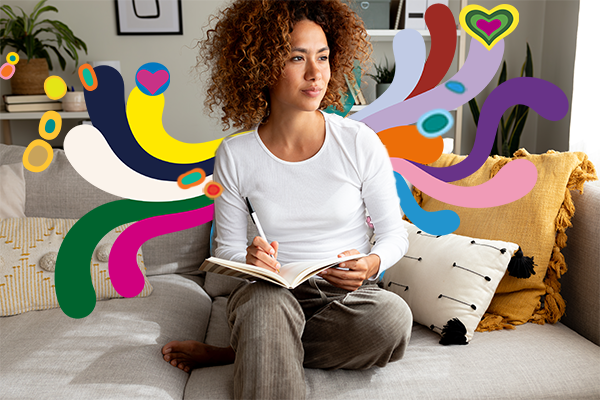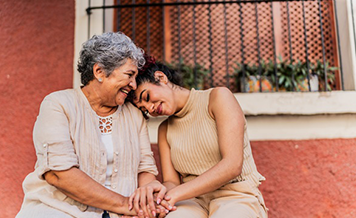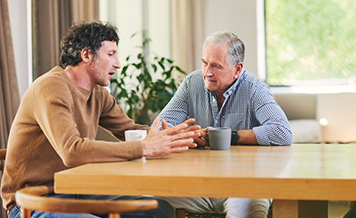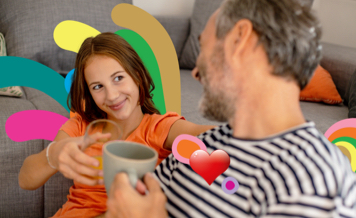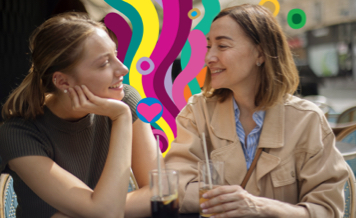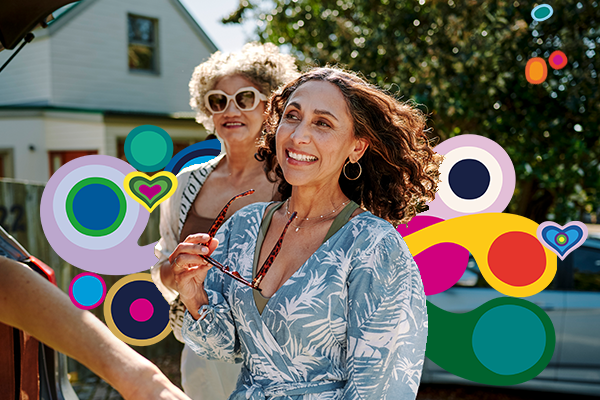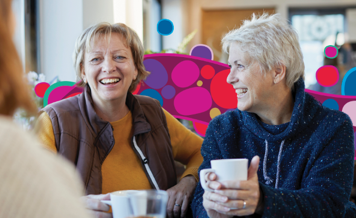Depression vs sadness
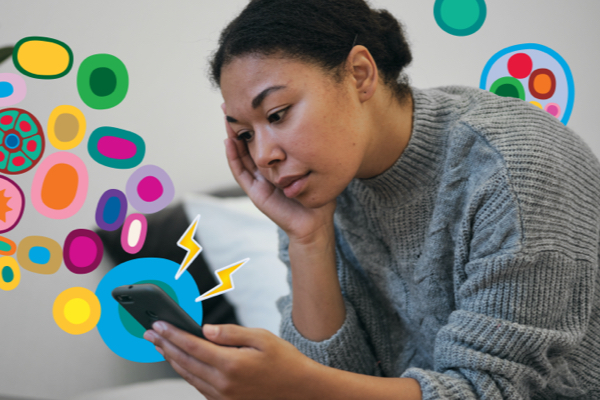
If sadness is a cold, depression is a serious flu. They might look similar from a distance, but they’re actually quite different up close.
We feel sad when something happens that we wish didn’t. Sadness is tied to a specific situation. In response we might feel upset, flat, teary, or even in pain depending on what’s caused it. When you’re sad about one thing, you can usually still feel happy about other things.
Like the weather, sad feelings come and go as a part of life. Sadness is not a negative thing, or something to be avoided. In fact, happiness wouldn’t exist without sadness – it needs an opposite. Sadness reminds us that we care about stuff. It’s a price we pay for engaging in life.
Depression is very different.
Sadness is a response to a particular situation but depression throws itself over every situation. Depression hangs around longer than sadness and impacts more areas of your life. It’s a pair of glasses that makes everything look negative – yourself, others, the world and the future.
Depression can feel like your body is shutting down. It’s not just a low mood but being unable to enjoy almost anything in your life. You might lose or gain weight, have difficulty sleeping (or oversleep), experience extreme fatigue and have difficulty concentrating or making decisions.
Another key difference is how depression turns you against yourself in a way that sadness doesn’t. Depression makes you become very self-critical, even convincing you that you’re worthless. The pain that comes with this, when combined with the belief that the future holds no hope for improvement, can lead to thoughts that life isn’t worth living.
Knowing the difference is important because sadness is a part of life, but you can take action to manage depression. There are treatments that work.
Understanding the difference can help you support others more effectively too. A common mistake is when people use sadness strategies with someone experiencing depression. Sadness strategies sound like: "You’ll be right”, "Look at all the good things in your life”, or "You’ve just got to deal with it." They fail to appreciate the weight of depression. Instead try: “I’m here for you”, “You’re not on your own with this,” or “What can I do to help?”

24/7 Medibank Mental Health Support
Medibank health insurance members can chat to a mental health professional about how they feel and ask questions about a range of mental health concerns for themselves or a loved one and get guidance on what they can do next. Chat online or call 1800 644 325 anytime of the day or night, 7 days a week at no extra cost.~
Where to get help
If your life or someone else’s is in danger, call 000 immediately.
If you’re in distress and need help, call Lifeline on 13 11 14 for 24/7 crisis support.
For non-emergency support, your GP or regular health practitioner is often the best place to start. They will be able to assess your individual situation and recommend the best next steps for your recovery.
Medibank health insurance members can chat to a mental health professional about how they feel and ask questions about a range of mental health concerns for themselves or a loved one and get guidance on what they can do next. Chat online or call 1800 644 325 anytime of the day or night, 7 days a week at no extra cost~.
Remember that help is always available, no matter the situation.
How can we help?
I want to know how my cover supports mental health
I need help and want to talk
Related articles
Things you need to know
~Some referred services may involve out of pocket costs and waiting periods may apply.
While we hope you find this information helpful, please note that it is general in nature. It is not health advice, and is not tailored to meet your individual health needs. You should always consult a trusted health professional before making decisions about your health care. While we have prepared the information carefully, we can’t guarantee that it is accurate, complete or up-to-date. And while we may mention goods or services provided by others, we aren’t specifically endorsing them and can’t accept responsibility for them. For these reasons we are unable to accept responsibility for any loss that may be sustained from acting on this information (subject to applicable consumer guarantees).
